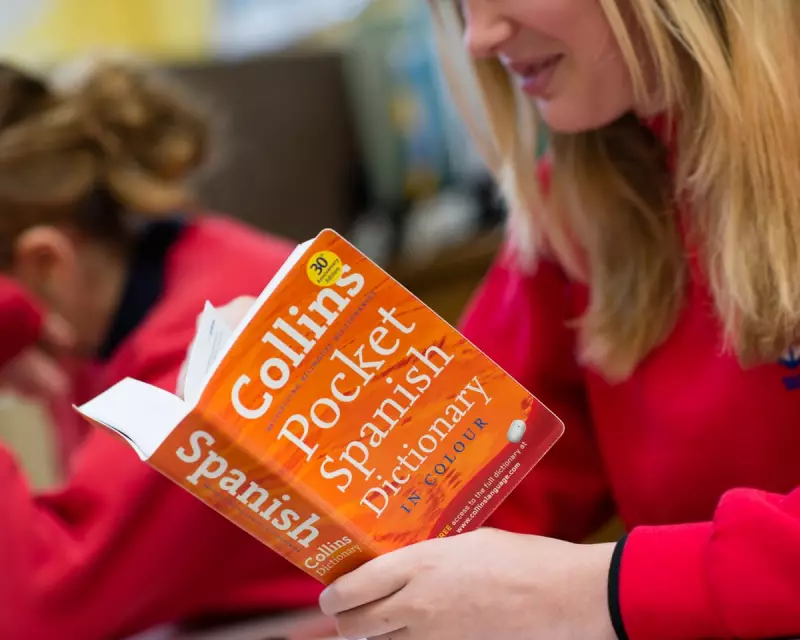
Britain is staring down the barrel of a linguistic crisis. While much of Europe converses effortlessly in multiple tongues, the UK remains stubbornly monolingual, and our education system is squarely to blame. The GCSE framework, once hailed as a gateway to global communication, is instead producing a generation unable to move beyond textbook phrases.
The Stark Reality Behind The Statistics
Recent data paints a bleak picture. Language uptake at GCSE level has plummeted, with French and German seeing particularly dramatic declines. Even those who persevere often emerge with little more than fragmented memories of verb conjugations, utterly unprepared for real-world conversation. The system prioritises exam-passing tactics over genuine communicative competence, creating what experts call 'the fluency gap'.
Economic And Cultural Consequences
This isn't merely an academic concern—it's an economic handbrake. In an increasingly globalised marketplace, British businesses are losing ground to multilingual competitors. Beyond commerce, our cultural diplomacy suffers, and we risk becoming isolated on the world stage, unable to engage deeply with international partners.
A System Ripe For Overhaul
So where did we go wrong? The problems are multifaceted:
- Early Disengagement: Languages are often introduced too late, missing the critical window for natural language acquisition in younger children.
- Exam-Focused Pedagogy: Teaching to the test sacrifices practical speaking and listening skills for rote memorisation.
- Austerity's Impact: Budget cuts have decimated language departments and reduced resources, making learning less dynamic and engaging.
- Cultural Mindset: A pervasive, albeit outdated, belief that 'everyone speaks English' undermines motivation from the outset.
Blueprint For A Multilingual Future
Reversing this trend requires bold, systemic change. We must move beyond the traditional GCSE model and embrace a more immersive, practical approach. This means introducing languages earlier in primary school, investing in specialist teachers, and leveraging technology for interactive learning. The curriculum must be overhauled to prioritise conversational confidence and cultural understanding over grammatical perfection.
The goal is clear: to equip the next generation with the linguistic tools to thrive, not just in exams, but in the world. The time for a reality check is over; the time for action is now.





